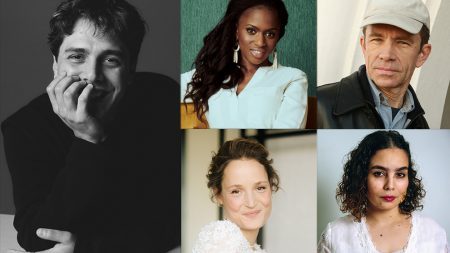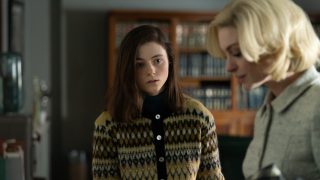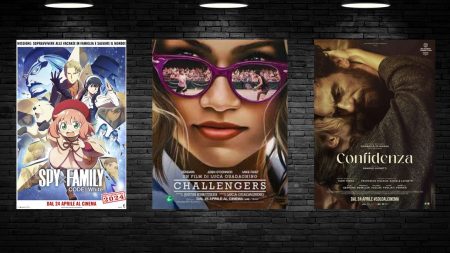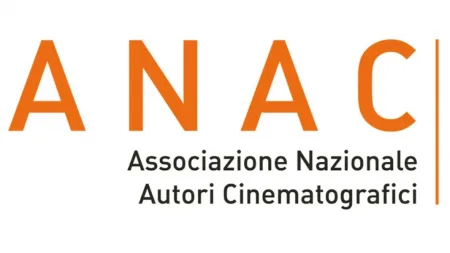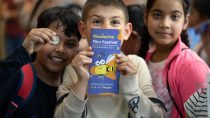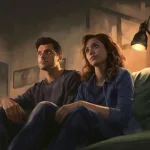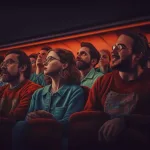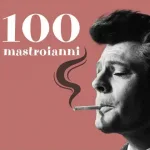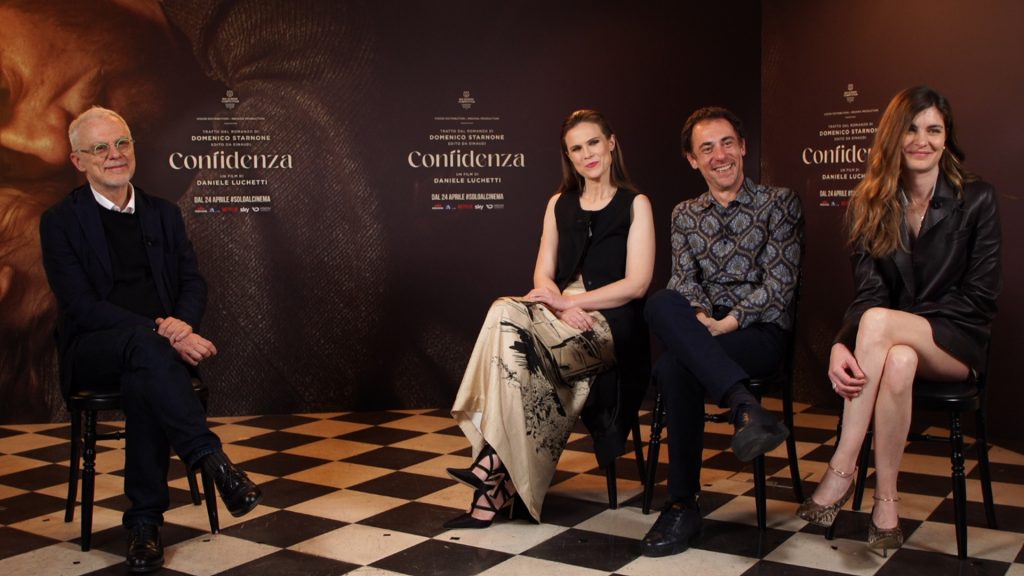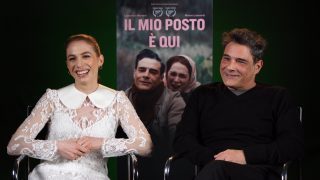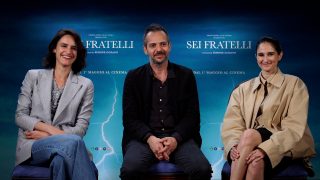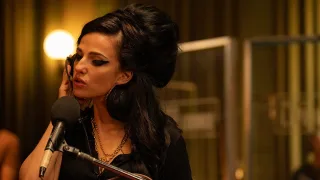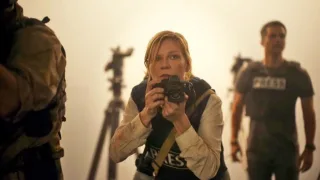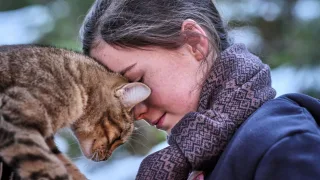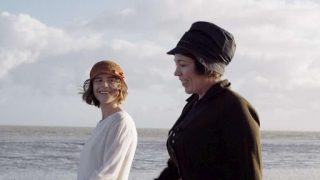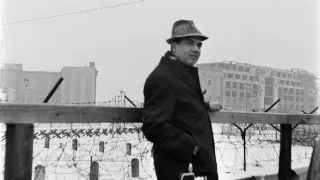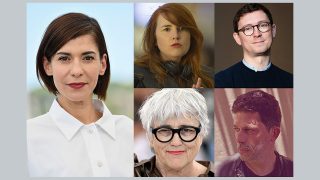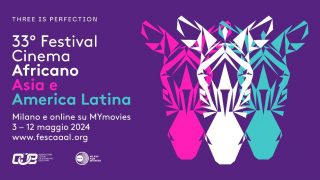
Speciale
‘Prove di trasmissione’, inaugurata la mostra dedicata a Marconi
Il Sottosegretario Borgonzoni: "Un'occasione per raccontare un genio italiano ai più giovani"
Cannes 2024, annunciata la giuria di Un Certain Regard
Maïmouna Doucouré, Asmae El Moudir, Vicky Krieps e Todd McCarthy sono i quattro giurati che aiuteranno il presidente Xavier Dolan nell'assegnazione dei premi
In primo piano
In sala gli “sfidanti” di Guadagnino e la ‘Confidenza’ di Luchetti
Zendaya ed Elio Germano sono i volti protagonisti di Challengers e Confidenza, titoli che si sfidano nei cinema nel lungo weekend del 25 aprile
‘Haikyu!! The Dumpster Battle’, la partita di volley definitiva nel trailer
Arriva per la prima volta in Italia un film tratto dal popolarissimo manga pallavolistico Haikyu!!. Nelle sale italiane dal 30 maggio
ANAC: “Ddl sull’IA frutto del confronto positivo tra Borgonzoni e autori”
Il sottosegretario si è rivelata "un'interlocutrice attenta, che ha mostrato grande interesse per le nostre posizioni a tutela del lavoro intellettuale" dichiara il presidente Martinotti
‘Sei nell’anima’, la vita di Gianna Nannini diventa un film
Dal libro autobiografico della rocker senese, Sei nell’anima - Cazzi miei, Cinzia TH Torrini alla regia del biopic, con protagonista Letizia Toni nel ruolo della cantante; Andrea Delogu interpreta una giovane Mara Maionchi. Su Netflix dal 2 maggio
Film e serie da vedere il 24 e il 25 aprile in tv
La commedia con Paola Cortellesi e Raoul Bova Scusate se esisto!, il thriller Il collezionista di ossa, il romantic drama I ponti di Madison County, la commedia musicale Irma la dolce, la seconda stagione de Il premio del destino
Rubriche
video
‘Confidenza’, la terza volta del sodalizio Luchetti-Starnone
Daniele Luchetti, con Francesco Piccolo, per la terza volta porta sul grande schermo un romanzo di Domenico Starnone. Racconta di tale sodalizio, che a sua volta si rinnova anche con il protagonista Elio Germano, il quale descrive "Confidenza" con i colleghi di cast Federica Rosellini e Vittoria Puccini
‘Sei nell’anima’. La voce, il cinema e la libertà
Il film tratto dalla storia di Gianna Nannini, icona del rock femminile italiano, è decisamente una storia universale
‘Il mio posto è qui’. L’Italia in emancipazione nel dopoguerra
L'evoluzione e l'emancipazione dai pregiudizi nella Calabria rurale del secondo dopoguerra
‘Sei fratelli’ in cerca di equilibri sentimentali, film corale di Simone Godano
Simone Godano si esprime sulla sua scelta di realizzare un film sul tema della famiglia allargata, fenomeno sempre più diffuso. 'Sei fratelli' è un film corale, del numeroso cast la parola ad alcuni di loro: Adriano Giannini, Gabriel Montesi, Valentina Bellé, Linda Caridi
Slow reading
‘Perfect Blue’, perché riscoprire in sala l’opera prima di Satoshi Kon
Ad oltre 25 anni dalla sua uscita, Nexo Digital porta per la prima volta nelle sale italiane, dal 22 al 24 aprile in versione restaurata in 4k, il primo capolavoro dell'influente regista giapponese
Bruno Bozzetto: “L’Homo sapiens ha inventato la crudeltà”
L'intervista al grande maestro dell'animazione italiana in occasione dell'uscita del suo ultimo film Sapiens?, una critica di stampo ambientalista e pacifista ai comportamenti più atroci dell'essere umano
Chiara Bassermann: “Ho capito di voler fare l’attrice quando ho preso coraggio e l’ho detto a voce alta”
La 34enne romana è tornata a interpretare Fabiola nella seconda stagione della serie Il santone, disponibile su RaiPlay. Prossimamente la vedremo recitare al fianco di Elio Germano in Iddu di Piazza e Grassadonia, film su Matteo Messina Denaro
I più letti
Ultimi articoli
‘Blink Twice’, il trailer dell’opera prima di Zoë Kravitz
L'attrice e cantante, figlia di Lenny Kravitz, debutta alla regia con un thriller psicologico con Naomi Ackie e Channing Tatum. Nelle sale dal 22 agosto
Cannes 2024, anche un corto italiano a ‘La Cinef’
L’italiano Paolo Moretti tra i giurati che assegneranno la Palma d'oro al miglior corto e i 3 premi a quelli de ‘La Cinef’ che vede in competizione anche In spirito di Nicolò Folin, allievo del Centro Sperimentale di Cinematografia
‘Atlas’, Jennifer Lopez sfida l’IA nel trailer del film sci-fi
Il film arriverà in streaming su Netflix dal 24 maggio. Nel cast anche Simu Liu, Sterling K. Brown, Abraham Popoola, Lana Parrilla e Mark Strong
‘Trying’, svelato il trailer della quarta stagione
AppleTV+ ha distribuito le prime immagini dei nuovi episodi dell'acclamata comedy, in arrivo il 22 maggio sulla piattaforma
Uniti per la scuola, bilancio positivo per la seconda edizione
Il Progetto speciale è lanciato da UNITA insieme all'Accademia del Cinema Italiano e Alice nella Città, con il supporto del MIM e del MIC. Per il sottosegretario Lucia Borgonzoni: "Fondamentale offrire ai ragazzi strumenti nuovi"
Benedetto Croce, Pupi Avati alla regia del docufilm
Prodotto da Minerva con Luce Cinecittà e Rai Documentari, Benedetto Croce – Il filosofo della libertà sarà realizzato con materiale di repertorio e ricostruzione fiction
Fescaaal 2024, apre ‘Fremont’ di Babak Jalali
Il 33° Festival del Cinema Africano d'Asia e America Latina - FESCAAAL si terrà dal 3 al 12 maggio: 10 giorni di proiezioni, 42 film di cui 20 prime italiane e 2 prime mondiali
Rainn Wilson, l’attore a Firenze omaggiato con uno scherzo a tema ‘The office’
L'indimenticabile "Dwight Schrute" vittima di un simpatico scherzo ispirato alla serie con Steve Carell
;)
;)



